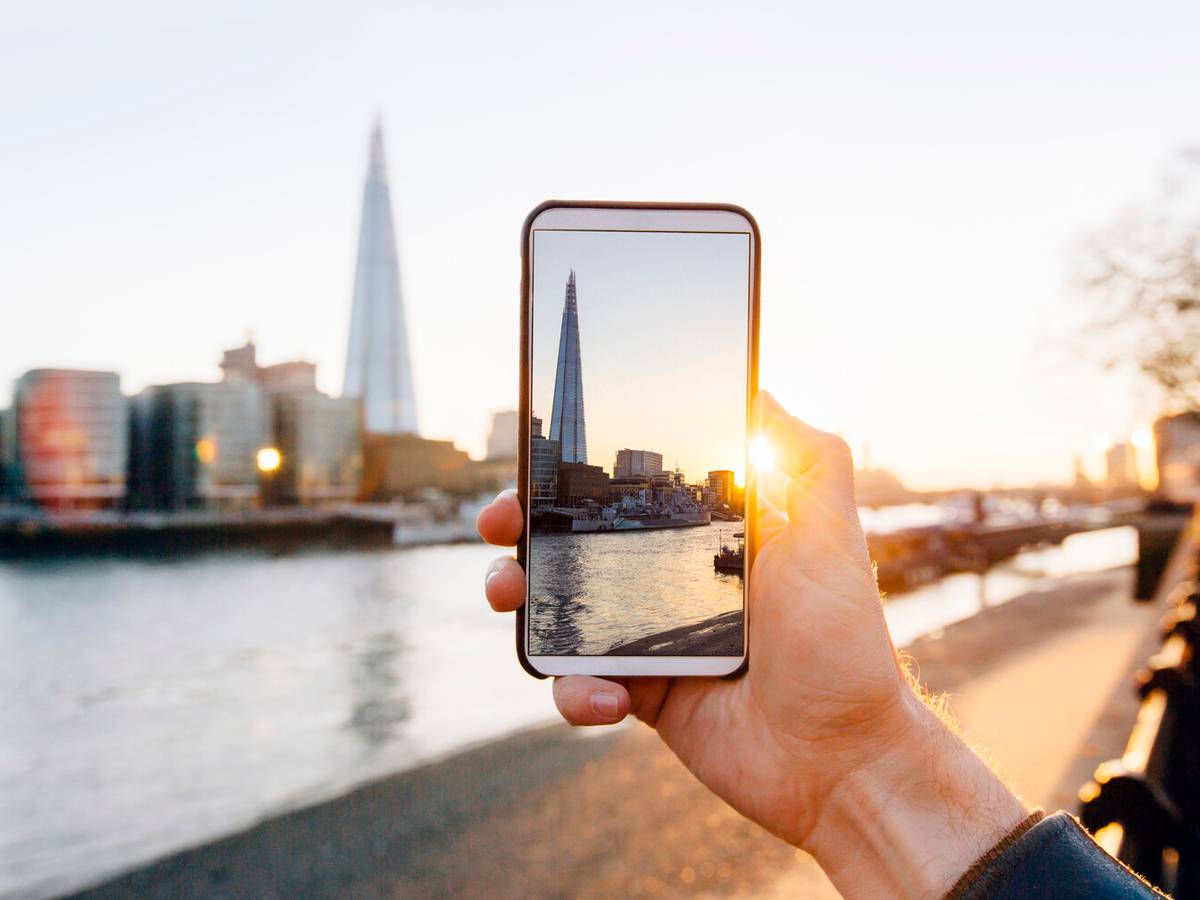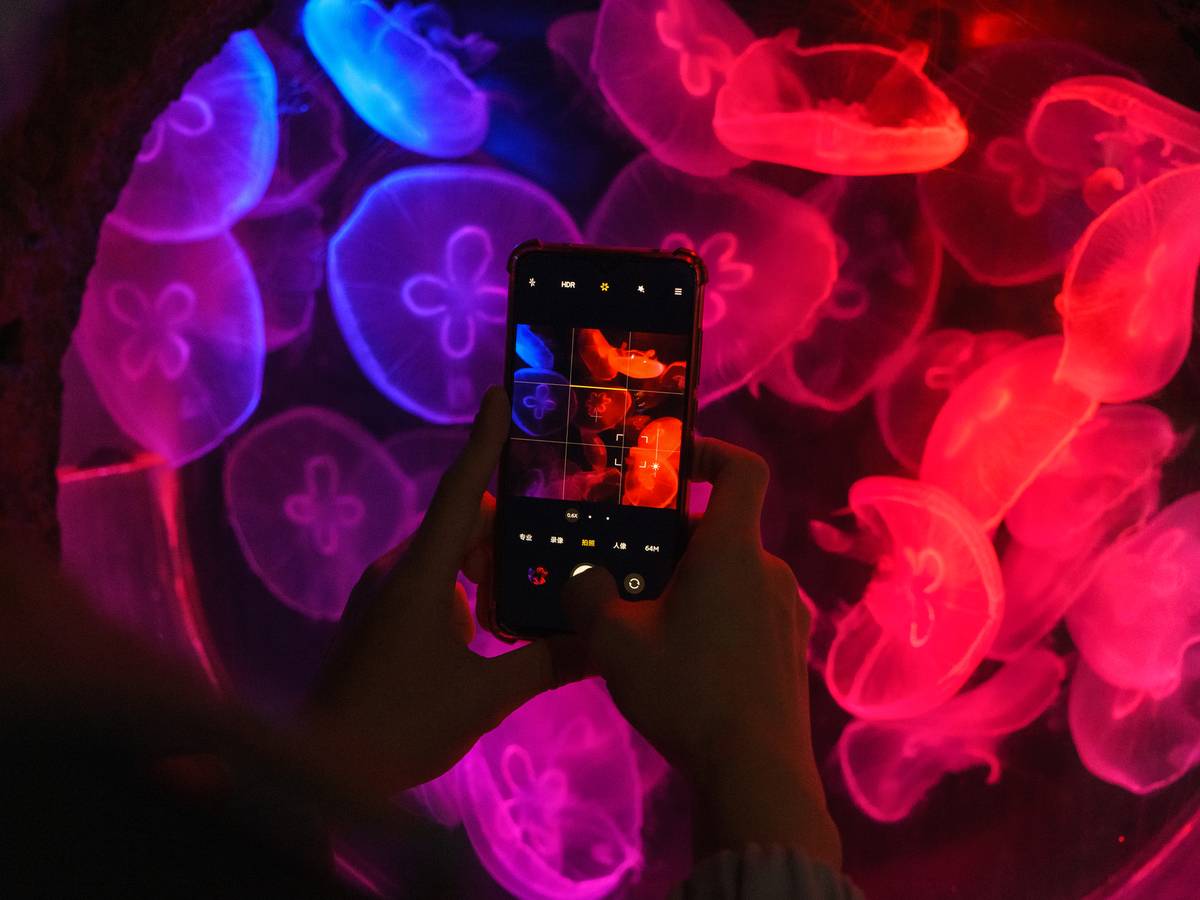Capturing Better Event Content
As a planner, you spend months preparing for an event and days pulling it off. And the work doesn’t end when the meeting wraps. Leveraging event content and engaging with attendees on social media can support business goals like growing brand awareness, establishing thought leadership, driving future event enrollment, and even securing sponsors.
Admittedly, capturing and conveying the essence of an event might be easier said than done, says Miguel Neves, editor-in-chief of Skift Meetings. “Post-event engagement is very hard. When they’re there, people communicate, network, connect, and get inspired,” he says. “But once people go home, they can lose the magic of that live event.”
The key to getting it right is a combination of knowing your goals, planning ahead, and relying on support when you need it.
Start With Your Purpose
Before your event, it is important to determine your content goals. Are you hoping to entice people to sign up for your next meeting? Drive brand awareness or conversions? Convince a sponsor to re-up their support? Defining your desired outcome can help you decide on the right kinds of content to post.
“We ask our clients, ‘What is a measurable key performance indicator that will tell us the content is working?’” says Clark Campbell, CEO and co-founder of event content agency RVRB. “Then, we make content that drives to that goal.”
If you want to drive enrollment, an exciting recap reel on Instagram might do the trick. Meanwhile, a sound bite of a company’s CEO delivering an inspiring address can position the individual as an expert in the industry, and a splashy video featuring a sponsor might move the needle and convince a brand to take part in the next event.
Plan Ahead
Don’t expect to capture great content without a solid strategy in place—especially if you’re caught up in the busyness of your event. As spontaneous as social media allows one to be, capturing an inspiring interview with a speaker or a viral TikTok featuring attendees requires being in the right place at the right time.
“The biggest thing really is planning ahead,” says Joe Kuehne, associate editorial director at content marketing agency Manifest. “I keep a very detailed schedule of how I’m spending my time, and I set up all of my interviews well in advance.”
Kuehne often interviews keynote speakers, company executives, and high-profile event guests. He recommends allowing extra time to film videos so that the interviewees are comfortable. “I typically capture three-minute videos, but I set aside a half hour for every single interview,” he says. “That gives us enough time to set up equipment, meet the individual, and get familiar with the space before we start.”
Bring in a Specialist
During an event, your day is packed: checking in with vendors, coordinating speaker schedules, answering questions, and handling unexpected challenges. Naturally, capturing high-quality content may not be your top priority. Instead, consider hiring a content concierge or agency that can take that task off your hands.
“Planners are just so busy, and relying on them to capture content and post about it is going to add a lot of stress,” Neves says. “I recommend hiring someone who can really interpret your event and convey it well. If it’s important to your content strategy, then it’s a worthwhile investment.”
Campbell adds that agencies can help you define your goals and plan corresponding content that doesn’t just check boxes—it tells compelling stories. “We’re really looking at what makes a video interesting. Is it painting the customer that’s watching the video as the hero in their own journey? Is it talking about the problem they’re facing?” he asks. “Our job is to make the people who are watching feel like they could get ahead in life if they just attended this event.”


Leverage Smart Technology
Capturing video, photos, and audio of your event is just the first step. The real work is transforming those raw moments into engaging, relatable content that tells your event’s story and resonates with your audience. That’s where artificial intelligence can play a useful role, helping you edit clips, generate captions, repurpose recordings, and streamline posting. With the right tools, you can turn simple footage into polished content that extends your event’s reach long after it ends.
“There is a whole wave of AI that can be used for social media,” Neves says. “You can transcribe audio from event sessions and get session summaries for blog posts, or use tools where people can easily find themselves in photos from the event and share them.”
Useful AI-powered social media tools include:
● Image editors: Apps like Canva and Adobe Express can generate images or edit photos with the tap of a screen—no training needed.
● Audio transcription: Upload your event audio to Rev or Otter.ai and you’ll get fast transcripts and smart summaries that can be leveraged for blogs, recap posts, or shareable quote graphics.
● Social planning and posting: Platforms like SocialBee and Sprout Social provide personalized insights and posting recommendations, analyze post performance, and even generate captions.


The following brands do not participate in Marriott Bonvoy™ Events: Design Hotels, Marriott Executive Apartments, Residence Inn, TownePlace Suites, StudioRes, Bulgari Hotels & Resorts, The St. Regis Residence Club, The Phoenician Residences, a Luxury Collection Residence Club, Scottsdale, The Ritz-Carlton Club, The Ritz-Carlton Yacht Collection, and Homes & Villas by Marriott Bonvoy. For a full list of participating and non-participating brands, please click here.